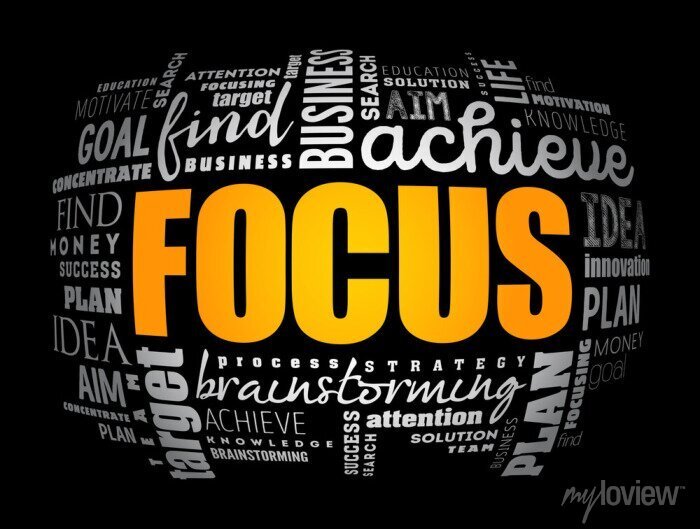
Why Taking Breaks from Technology is Essential: The Power of Digital Detox
We live in a world where we’re constantly plugged in. Whether it’s studying online, attending virtual meetings, scrolling through social media, or responding to emails—technology is always just a tap away. While digital tools have transformed how we learn and work, too much screen time can take a toll on our mental health, focus, and overall well-being.
That’s why taking a break from technology—what many call a digital detox—is not just a trendy buzzword. It’s an essential practice for maintaining balance, especially for online learners who spend most of their day in front of a screen.
Here’s why unplugging now and then can help you recharge, refocus, and even perform better in your studies and career.
Why a Digital Detox Matters
- Reduces screen fatigue and eye strain
- Improves focus and productivity
- Supports better sleep and mental health
- Encourages real-life connections
- Helps reset your relationship with technology
1. Prevents Burnout and Mental Fatigue

When you’re constantly connected, your brain never truly gets to rest. Between online classes, group chats, and social media, it’s easy to feel overstimulated and mentally drained.
Taking regular breaks from screens allows your mind to recharge. Even short periods of disconnecting—like going for a walk without your phone or having a screen-free hour before bed—can reduce stress and help you feel more refreshed.
2. Helps You Stay Focused

Too much screen time, especially when filled with constant notifications and multitasking, can reduce your attention span over time. If you’ve ever found yourself rereading the same sentence three times, it might be time for a break.
A digital detox helps you reset your focus. Stepping away from screens for even a few minutes every hour can actually help you concentrate better when you return to your studies.
3. Improves Your Sleep Quality

Scrolling on your phone or laptop late at night may seem harmless, but the blue light from screens can interfere with your sleep cycle. This can leave you feeling tired and unfocused the next day—making it harder to retain information or stay productive.
Turning off devices at least an hour before bed can help you sleep better, which in turn supports better learning and memory retention.
4. Strengthens Real-World Relationships
When we spend most of our time online, it’s easy to forget the importance of in-person or offline connections. A digital detox creates space for quality time with family, friends, or even just yourself.
Simple things like enjoying a meal without checking your phone or having a real conversation without distractions can go a long way in strengthening relationships and improving your overall well-being.
5. Encourages Mindful Tech Use
You don’t have to ditch your devices forever. A digital detox is about creating healthier habits with technology. It helps you become more mindful of how much time you’re spending online and whether it’s actually serving you.
This awareness can help you make more intentional choices—like using your phone for learning rather than mindless scrolling, or setting boundaries between study time and rest time.
How to Start Your Digital Detox
- Set screen-free times during your day (e.g., mornings, mealtimes, or bedtime)
- Use apps to track and limit your screen time
- Designate a tech-free zone in your home
- Replace screen time with offline activities (reading, journaling, walking)
- Let people know you’re taking a break to avoid pressure to respond instantly
Conclusion: Unplug to Recharge
In a world that never stops scrolling, sometimes the best way to move forward is to pause. For online learners especially, balancing digital demands with real-world rest is essential to avoid burnout and maintain long-term success.
Taking breaks from technology doesn’t mean you’re falling behind—it means you’re prioritizing your health, focus, and productivity. So don’t be afraid to step away from the screen. Your mind (and your future self) will thank you.
